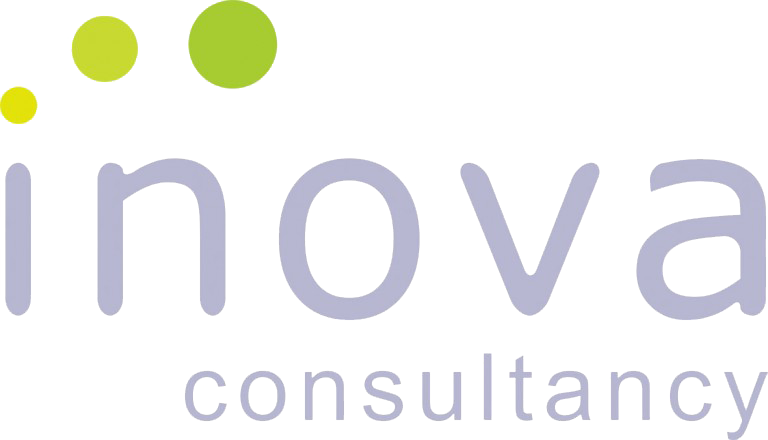MentoraSTEAM training aims to develop highly skilled migrant women’s self-efficacy, confidence and soft skills in the STEAM (Science, Engineering, Arts and Technology) sectors in order to boost their employability. The training programme was piloted twice in Finland, first in August – September 2022, and the second time in February – March 2023. Altogether 20 migrant women of almost 100 enrolled participated in the pilot training. Despite the low number of participants compared to the high number of registrants, those who joined the pilot sessions were more than happy with it and found the training useful. 9 participants of 20 held a bachelor’s degree (45%) and 9 a master’s degree (45%), while 2 held a PhD degree (10%). 5 were from the arts/design sector, 6 from technology and engineering, 2 from mathematics, 1 from the health sector, and 6 had a background in science. 4 participants were from Europe (UK, Poland, Russia), 1 from South-America, 2 from Africa (Morocco, Egypt), and 13 from Asia (Iran – 3, Iraq – 1, Nepal – 1, China – 2, Turkey – 1, Lebanon – 1, Sri Lanka – 1, and India – 3). Hence, only one participant was from the EU. It is not clear whether this is a coincidence or the EU’s processes on approval of educational degrees influence on employability of the migrant women.
Based on the pilot delivery and feedback obtained from the participants, the MentoraSTEAM modules were able to addressed the topics they stand for, and drafted a logical line towards increasing employability potential through Confidence building and self-efficacy, Innovation in personal branding and networking, adaptation of one’s own skills to the working culture of the host country, and Exploring the benefits of entrepreneurship and self-employment. Plenty of online training courses exist, also those linked to self-development. Yet, there is something extra in MentoraSTEAM that the participants and we discovered during the piloting.
- The topics: The topics enabled discovering essential issues about the participants themselves, for instance, making them better understand their own potential when identifying their soft skills and combining those with their hard skills. This created a unique combination enabling increasing their confidence and opening their minds for new possibilities. The topics, especially with the help of a mentor, enabled the participants to start understanding themselves and their opportunities more.
- Sharing experiences and learning from each other was regarded highly essential. The importance of these two areas became more evident during the second pilot which had a lower participants numbers at the sessions. It was possible to reflect on its importance also by comparing it to previous trainings that were delivered face-to-face, where the participants almost did not want to leave the face-to-face training sessions as sharing of experiences was so great.
- Networking showed its importance. Although the virtual delivery of piloting was successful as people were able to connect through social media site, the power of meeting face-to-face to enhance networking became evident at the first follow-up session which was organised face-to-face.
- Learning from the surrounding culture and its importance on employability became one of the core elements. For instance, Hofstede’s cultural dimensions and other discussions about cultural aspects, helped better understand why people in Finland act in a certain way also in situations linked to work life and job search, and how to adapt themselves into this reality. Cultural understanding also helped understanding how to approach own career gaps in Finland, and what to present in a job interview.
The three other core lessons learnt were that much more time could be spent on each module and that working on them does not stop to the delivery of the homework, but is a continuous process, and secondly, that active participation in such training can indeed open more possibilities. Yet little such training is available and migrant women may have difficulties finding it and believing in the added value it brings to them (this especially in relation to the high number of registrants who did not show up at the training). Thirdly, the power is in the people and two heads are better than one. Sharing experiences when coming together appears to be a catapult for spotting new patterns in own potential and skills, ideas and possibilities.
More about MentoraSTEAM
MentoraSTEAM is led by Inova Consultancy, in the UK; INCOMA, in Spain; MEET Digital Culture Center, in Italy; and VAMK University of Applied Sciences, in Finland.
Website in English: https://mentorasteam.eu/en/
Verkkosivuston osoite suomeksi: https://mentorasteam.eu/fi/
TEXT | Tanja Oraviita







